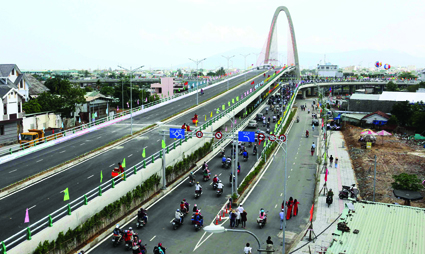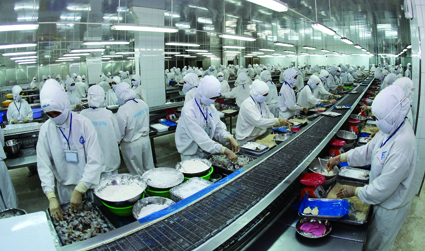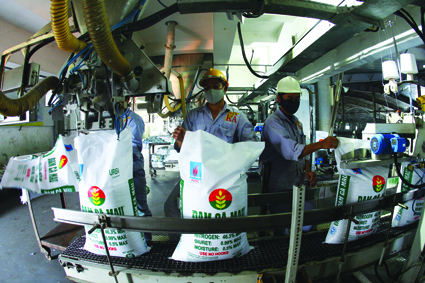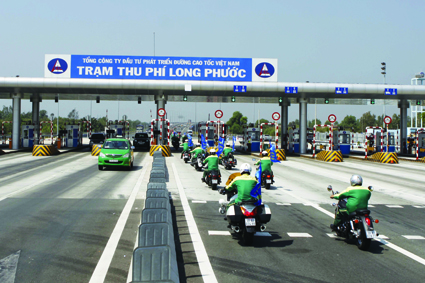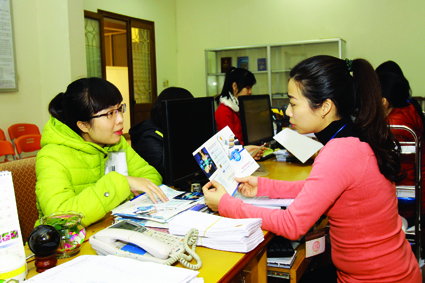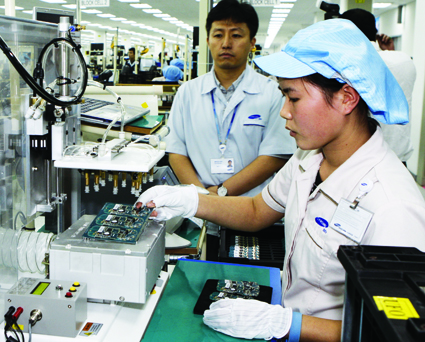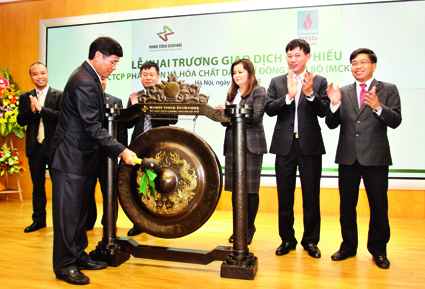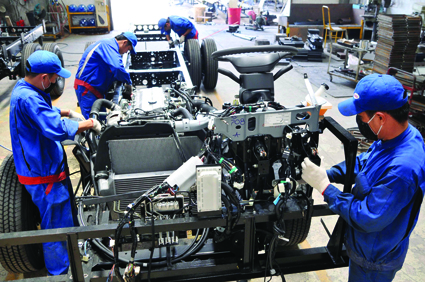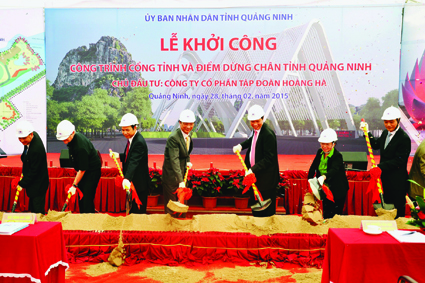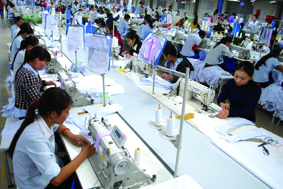Local firms should take advantage of the Free Trade Agreement recently signed with the Eurasia Economic Union (EEU), that includes Russia, Belarus, Kazakhstan, Armenia and Kyrgyzstan.
After eight sessions of formal negotiations and numerous meetings between those sessions, the FTA between Vietnam and the EEU was signed on May 29 in Kazakhstan.
Minister of Industry and Trade Vu Huy Hoang spoke to the Vietnam News Agency about the advantages, opportunities and challenges of this agreement.
The FTA between Vietnam and the EEU is aimed at creating a clear and stable legal framework to develop economic relations between Vietnam and the EEU member countries. What are the main contents of the agreement?
This is the first FTA the union has signed with an outside partner. The FTA is a comprehensive free trade agreement, covering almost all commerce and investment fields, from trade in goods and services, investment services, finance and banking, to science-technology services, e-commerce, intellectual property, environmental protection and Government purchases.
The most important result of the deal is the opening of the goods market and investment services. Vietnam has great potential to produce and export farm products, seafood, garment-textiles, footwear and processed food, while the EEU, particularly Russia and Belarus, have huge potential in technology, mineral resources and mechanical products.
If investment projects in those sectors from the union come to Vietnam, the nation will have a chance to approach modern technology and investment projects at a global level.
The union needs Vietnamese exports of fisheries, textile and garments and footwear products, and also expects Vietnam to open factories to produce and process those products in the EEU member countries. Then those products will be exported from the factories in the union to neighboring countries in Europe.
Under the agreement, nearly 100 percent of Vietnam’s fisheries exports to the EEU will enjoy a zero per cent tax rate. The same rate will also apply to 80 percent of the country’s garments, textiles, leather and footwear exports.
For the EEU’s priority commodities like iron, steel and certain types of industrial and agricultural products, Vietnam has agreed to remove import taxes. It has also agreed to a gradual opening up of its market for certain categories of agricultural products.
The FTA covers more than 90 percent of all goods traded between the EEU and Vietnam. By signing the FTA, the EEU aims to increase its trade turnover with Vietnam to at least USD 10 billion in five years from USD 4 billion in 2014.
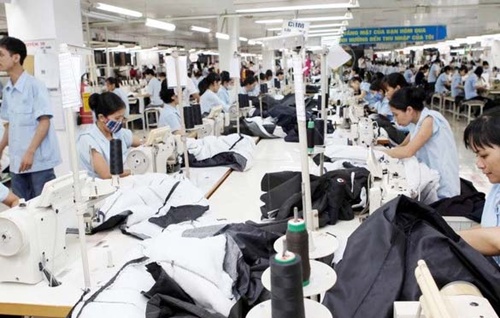 |
| Under the agreement, nearly 100 per cent of Vietnam’s fisheries exports to the EEU will enjoy a zero per cent tax rate. The same rate will also apply to 80 percent of the country’s garments, textiles, leather and footwear exports.__Photo: VNA |
How can Vietnamese enterprises take full advantage from the agreement to develop commerce and investment activities?
Many Vietnamese products do not meet stable quality standards, which means producers do not pay enough attention to production, especially products like tea and coffee.
Local enterprises should remember that the EEU countries have strict quality requirements.
The geographical distance is also a challenge for Vietnamese enterprises. They should have a suitable transport roadmap to increase their competitiveness with goods from other countries.
One more thing is payment methods. Local firms should carefully negotiate contracts and payment methods to avoid problems with payments later on.
The limited understanding of Vietnamese businesses about the EEU market, especially small-scale economic members like Armenia and Kyrgyzstan, is a worry. Local firms should study the market and consumer tastes when they seek business and investment opportunities there.
What support is the Ministry of Industry and Trade offering to local firms to find opportunities for exports after the Vietnam-EEU FTA comes into effect?
The Ministry of Industry and Trade will continue to link domestic firms with international partners while cooperating with the local press, including the Vietnam News Agency, Vietnam Television, the Voice of Vietnam and the Nhan Dan (People) newspaper, to spread Vietnam’s commitments to international economic integration as well as the opportunities and challenges of the Vietnam-EEU FTA.
The ministry is willing to support enterprises with information relevant to business contracts with the EEU. It will also organize trade and investment promotions and fact-finding tours to foreign countries for local firms to negotiate with partners from the EEU.
The ministry will work with state-run agencies and EEU offices to deal with any disagreements between businesses in the spirit of ensuring the interests of all parties.-VNS/VLLF
